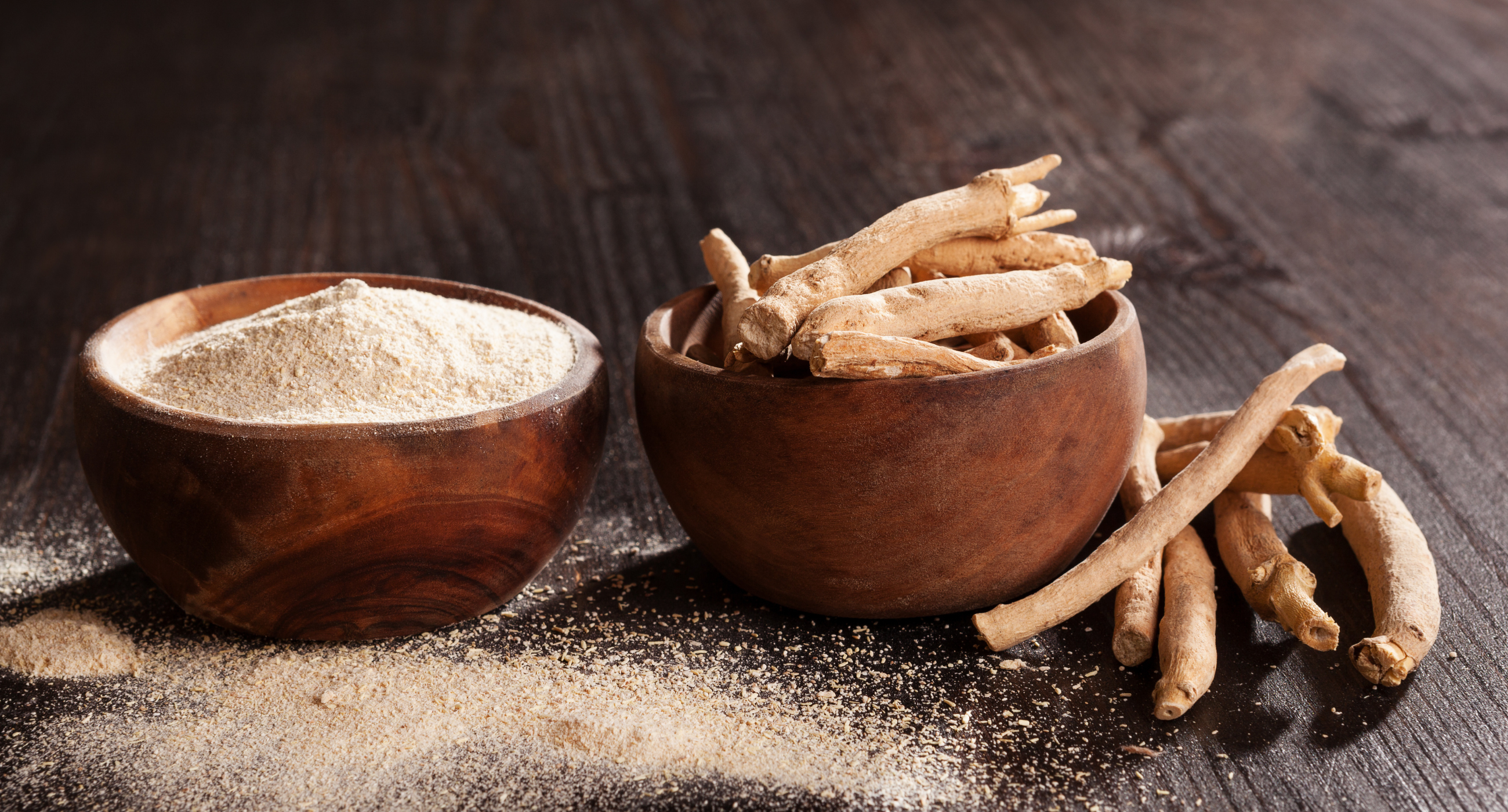
Ashwagandha
Scientific Name: Withania somnifera
Herbal Profile: Ashwagandha
Scientific Name: Withania somnifera
Family: Solanaceae
Common Names: Ashwagandha, Indian Ginseng, Winter Cherry
Description:
Ashwagandha is a small shrub with yellow flowers that is native to India, the Middle East, and parts of Africa. The plant has a woody root system, and its roots and leaves are commonly used in traditional medicine. Ashwagandha is a key herb in Ayurvedic medicine, where it is prized for its adaptogenic properties, meaning it helps the body adapt to stress.
Traditional Uses:
Ashwagandha has been used in traditional medicine for thousands of years, especially in Ayurveda, to enhance physical and mental health. Some of its most common traditional uses include:
- Stress and Anxiety Relief: Ashwagandha is best known for its ability to reduce stress and anxiety. It is considered an adaptogen, helping the body manage and adapt to stress by regulating cortisol levels.
- Energy and Vitality: Traditionally used to boost energy levels and combat fatigue, Ashwagandha is often taken to enhance vitality and endurance. It is also believed to support physical performance by increasing strength and stamina.
- Cognitive Function and Memory: Ashwagandha is used to improve cognitive function, memory, and focus. It is believed to have neuroprotective effects, which may help protect the brain from oxidative stress and neurodegeneration.
- Immune Support: Ashwagandha is thought to strengthen the immune system, helping the body to resist infections and recover from illnesses more effectively.
- Hormonal Balance: In both men and women, Ashwagandha is used to balance hormone levels. It may support male fertility by increasing testosterone levels and improving sperm quality, while in women, it is used to balance menstrual cycles and alleviate symptoms of menopause.
- Anti-Inflammatory and Antioxidant Properties: Ashwagandha has anti-inflammatory and antioxidant properties, which may help reduce inflammation, protect cells from oxidative damage, and support overall health.
Active Compounds:
- Withanolides: Steroidal lactones that are believed to be responsible for most of Ashwagandha's pharmacological effects, including anti-inflammatory, antitumor, and immunomodulatory activities.
- Alkaloids: Include compounds such as somniferine, tropine, and withanine, which contribute to the herb's sedative and relaxant effects.
- Saponins: Contribute to the herb’s immune-boosting and anti-inflammatory effects.
- Iron: Naturally occurring in Ashwagandha, contributing to its use in combating anemia and boosting energy.
Preparation and Dosage:
- Powder:
- Capsules/Tablets:
- Tincture:
- Tea (Decoction):
Safety and Precautions:
- Pregnancy and Breastfeeding: Ashwagandha should be avoided during pregnancy, as it may cause uterine contractions. Use with caution while breastfeeding, and consult a healthcare provider before use.
- Autoimmune Diseases: Ashwagandha may stimulate the immune system, which could be a concern for individuals with autoimmune diseases (like rheumatoid arthritis, lupus, or multiple sclerosis). Consult with a healthcare professional before use.
- Thyroid Conditions: Ashwagandha may affect thyroid hormone levels, potentially increasing thyroid activity. It should be used cautiously by individuals with thyroid disorders or those taking thyroid medications.
- Medication Interactions: Ashwagandha may interact with sedatives, immunosuppressants, and thyroid medications. Consult with a healthcare provider if you are taking any medications or have underlying health conditions.
- Gastrointestinal Upset: In some cases, Ashwagandha can cause mild gastrointestinal upset or diarrhea. Reduce dosage or discontinue use if adverse effects occur.
Conclusion:
Ashwagandha is a powerful adaptogenic herb that supports stress relief, enhances energy, and promotes overall well-being. It has a long history of use in traditional Ayurvedic medicine, where it is valued for its ability to balance the body and mind. While Ashwagandha is generally considered safe for most people, it is essential to consult a healthcare professional before use, especially for those with underlying health conditions or who are pregnant or breastfeeding.
